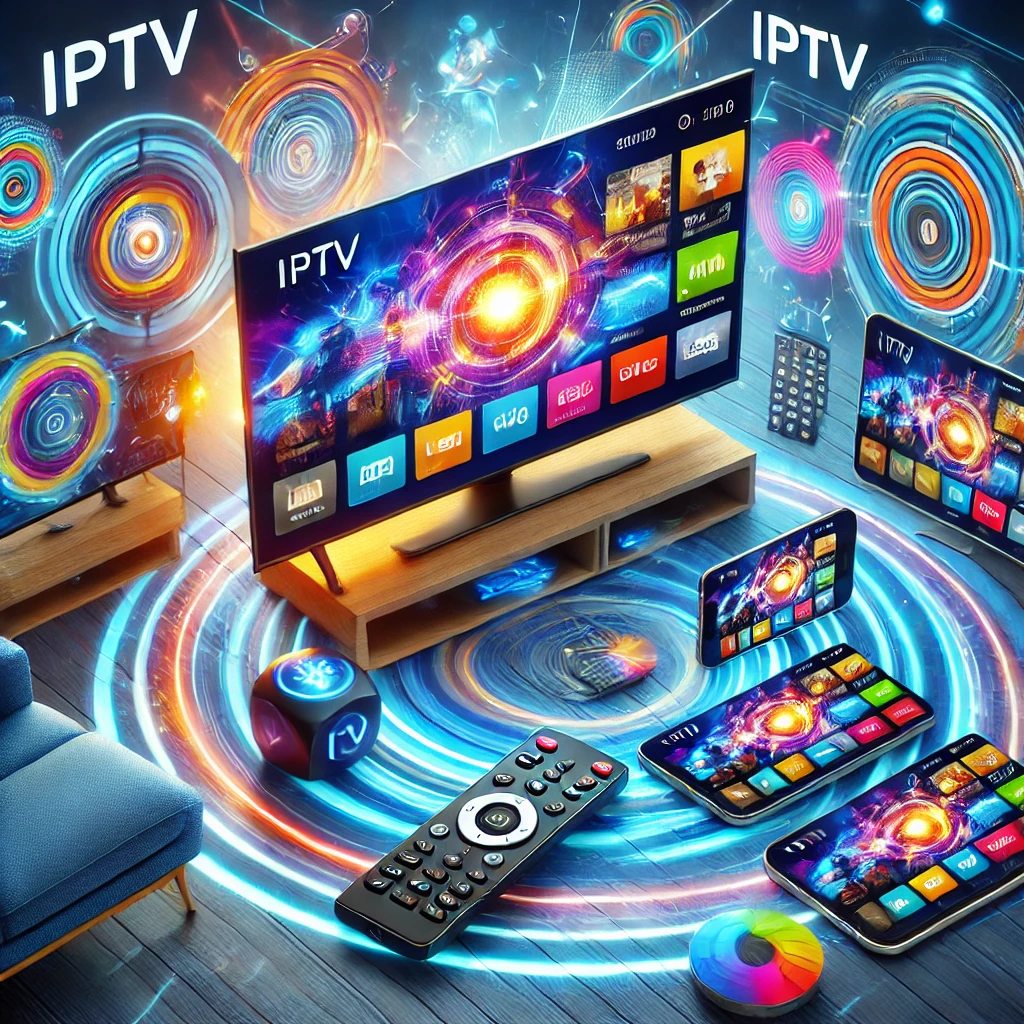Over the past few years, the manner we consume media has undergone a significant transformation, and Internet Protocol Television, commonly known as internet TV, is at the forefront of this changes. Unlike traditional broadcasting methods that rely on satellite or cable systems, IPTV delivers television content through internet connections, offering a abundance of advantages that address the modern viewer's needs.
One of the most significant benefits of IPTV services is their adaptability and ease of use. Viewers can enjoy their beloved shows and movies as they like, allowing them to watch content at their leisure. This transition not only improves user experience but also empowers audiences to choose from a large variety of channels and programs, overcoming the constraints of traditional broadcasting schedules. As IPTV continues to evolve, it is reshaping the broadcasting landscape, making entertainment more accessible and customized to personal preferences. spintax #### Comprehending Internet Protocol Television Innovations
Internet Protocol Television, also known as Internet Protocol Television, marks a critical transformation in how we consume media. In contrast to conventional broadcast techniques, that depend on satellite dishes along with cable signals, this technology delivers programs via the web. IPTV employs internet protocols to broadcast videos, allowing viewers to get their beloved content and channels without interruption. Consequently, users can enjoy superior video quality free from the constraints imposed by conventional cable setups.
A primary advantage of IPTV is its adaptability. Consumers can enjoy live television, revisit forgotten shows, and retrieve on-demand programs at their leisure. This ease of use is made possible through diverse devices, such as smart televisions, smartphones, tablets, and along with computers. When an online access is present, users can enjoy their chosen shows anytime, wherever, making it an attractive option for the modern viewer.

Additionally, IPTV platforms commonly provide a selection of supplementary options that enhance the watching pleasure. Numerous providers offer interactive options, such as personalized playlists, suggestion systems, and the capability to pause and rewind live shows. These creative functions not only improve user engagement and additionally enable a more personalized program experience. As IPTV progresses, it is set to redefine the television environment, making TV more available and audience-focused than previously.
The Benefits of Internet Protocol Television Compared to Traditional Television
Internet Protocol Television offers numerous advantages that set it apart from conventional broadcasting techniques. One of the primary benefits is the ability to provide a extensive range of programming and content options without the constraints of tangible infrastructure. Unlike coaxial or satellite systems, IPTV transmits content directly over the internet, which allows users to access a significantly broader selection of programming, including specialized and global ones. Subscribers can tailor their watching experience by choosing from multiple plans that suit their preferences.
Another major advantage of IPTV is the versatility it offers in terms of viewing options. Users can watch their favorite shows on different platforms, including smart televisions, smartphones, tablets, and laptops. This multi-device capability guarantees that viewers can access content anytime and wherever they are, making it convenient for those with active lifestyles. Additionally, many IPTV services allow for on-demand access to a collection of past shows and movies, further improving the viewing experience by allowing users to enjoy content at their convenience.
Internet Protocol Television offerings often come with improved features that enhance user experience over conventional television. These options can include interactive programming guides, catch-up TV, and the ability to pause or go back on live television. Furthermore, Internet Protocol Television platforms frequently incorporate additional capabilities such as video on demand, cloud storage for recorded content, and customized recommendations based on user choices. These innovative capabilities not only enhance the entertainment experience but also offer a more consumer-focused approach to content consumption.
Emerging Movements in Internet Protocol Television and Broadcasting
As the demand for personalized programming grows, IPTV providers are increasingly leveraging artificial intelligence and machine learning to enhance user experiences. These technologies enable enhanced recommendations, allowing viewing patrons to discover new programs and services based on their viewing habits. By evaluating viewer data, IPTV services can customize content offerings, rendering them more attractive to varied audiences. As a result, users experience a more immersive and relevant viewing experience, distinguishing IPTV from from traditional broadcast systems.
Another significant trend in the IPTV landscape is the rise of 5G networks, which seeks to upgrade quality of streaming and accessibility. With more rapid internet speeds and reduced latency, users can experience high-definition and even ultra-high-definition content seamlessly on various platforms. This movement to 5G paves the way for opportunities for IPTV services to grow their market and address a mobile-first audience, enabling mobile access to current and on-demand programming. Consequently, the ease and flexibility of IPTV will become even more pronounced, attracting a wider range of viewers.
Lastly, participatory and deep content experiences are becoming a central theme in the IPTV sector. As abonnement-iptvfrance.fr like simulated environments and augmented reality gain traction, IPTV platforms are exploring ways to implement these styles into their offerings. This transition towards engaging content can change how users interact with programming, providing novel experiences that go beyond traditional watching. By adopting these developments, IPTV services are set to revolutionize the future of broadcasting, rendering it more captivating and involving for audiences globally.
